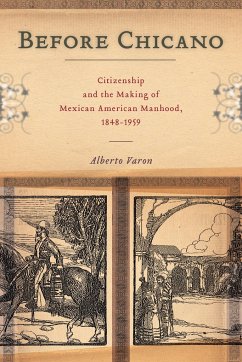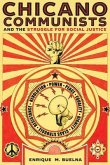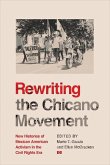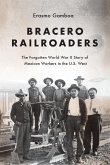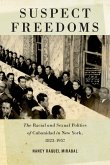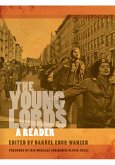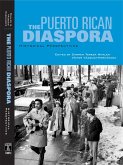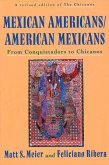Uncovers the long history of how Latino manhood was integral to the formation of Latino identity In the first ever book-length study of Latino manhood before the Civil Rights Movement, Before Chicano examines Mexican American print culture to explore how conceptions of citizenship and manhood developed in the nineteenth and twentieth centuries. The year 1848 saw both the signing of the Treaty of Guadalupe Hidalgo that ended the U.S. Mexican War and the year of the Seneca Falls Convention, the first organized conference on women's rights in the United States. These concurrent events signaled new ways of thinking about U.S. citizenship, and placing these historical moments into conversation with the archive of Mexican American print culture, Varon offers an expanded temporal frame for Mexican Americans as long-standing participants in U.S. national projects. Pulling from a wide-variety of familiar and lesser-known works-from fiction and newspapers to government documents, images, and travelogues-Varon illustrates how Mexican Americans during this period envisioned themselves as U.S. citizens through cultural depictions of manhood. Before Chicano reveals how manhood offered a strategy to disparate Latino communities across the nation to imagine themselves as a cohesive whole-as Mexican Americans-and as political agents in the U.S. Though the Civil Rights Movement is typically recognized as the origin point for the study of Latino culture, Varon pushes us to consider an intellectual history that far predates the late twentieth century, one that is both national and transnational. He expands our framework for imagining Latinos' relationship to the U.S. and to a past that is often left behind.

